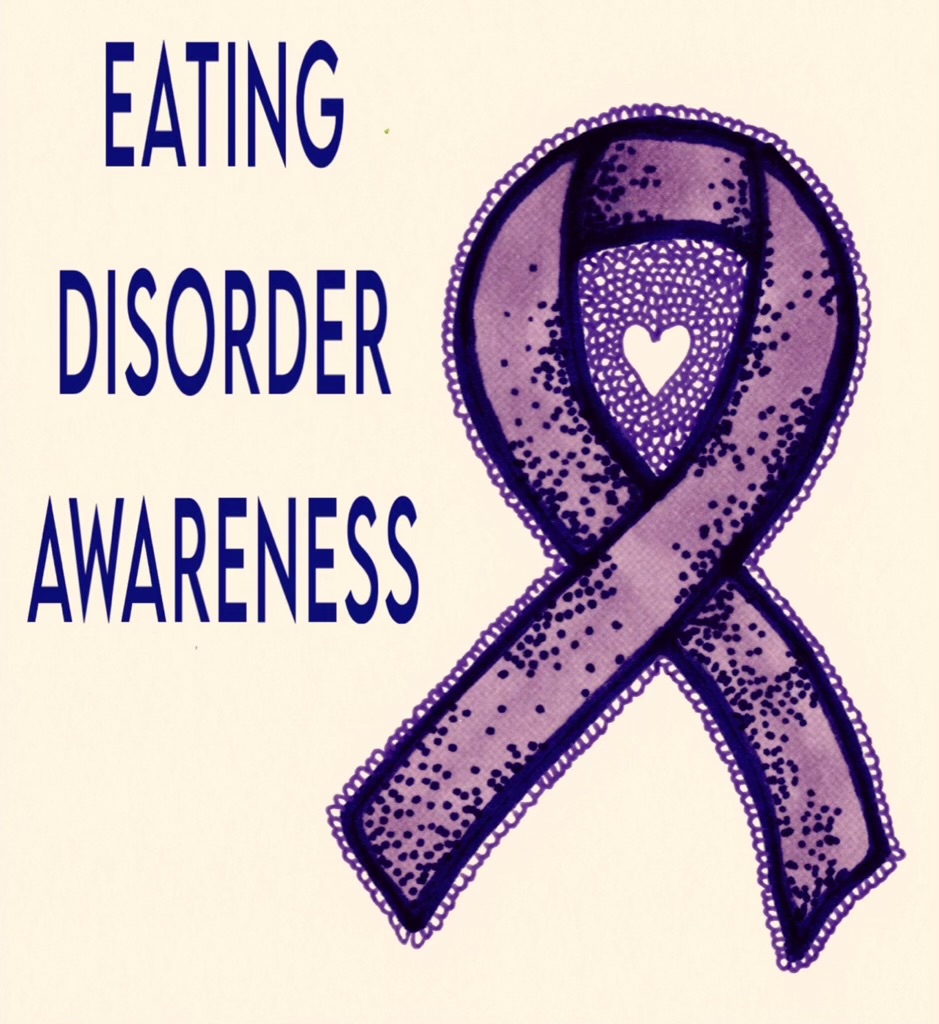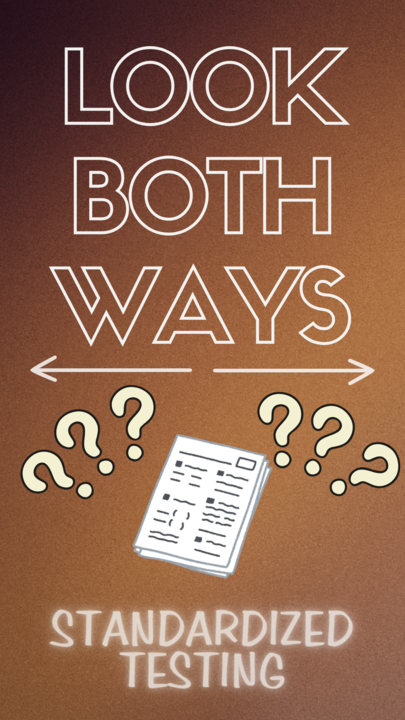Feb. 26 to March 3 is National Eating Disorder Awareness Week. Eating disorders should be openly discussed without shame or judgment all of the time, not only during the week of awareness.
This annual campaign aims to educate the public about eating disorders and to provide support for those affected by eating disorders, according to the National Eating Disorders Association.
Although this campaign is beneficial, especially for those who struggle with an eating disorder, the topic of eating disorders is something that should be talked about and recognized for more than just one week.
An estimated 9% of the U.S. population, or around 28.8 million people, will have an eating disorder in their lifetime, according to the National Association of Anorexia Nervosa and Associated Disorders.
It’s not uncommon to have an eating disorder, and individuals should be able to freely speak about it without being judged. By openly speaking about eating disorders, individuals can create a sense of community and spread awareness.
For individuals that develop an eating disorder, they need and want a support system. Society shouldn’t judge anyone to begin with, but especially those with an eating disorder.
Numerous people with an eating disorder face stigma due to their eating disorder, with 77% of people reporting having experienced stigma and unfair treatment, according to the National Eating Disorders Collaboration.
Those with an eating disorder should not get treated unfairly. Society should treat people how they want to be treated and show kindness to those that may be struggling. Individuals are beautiful the way they are.
Anyone can develop an eating disorder, regardless of age, gender or background.
Those who are experiencing eating disorders are more likely to believe their bodies are not socially acceptable, leading to self-inflicted body shaming, according to Eating Disorder Hope. Those with an eating disorder should not get shamed for having one; instead, society needs to support and help those with eating disorders.
Henna Muzaffar, an NIU associate professor in the School of Health Studies, said sharing information about eating disorders helps raise awareness.
“Even for family care, physicians, when people go for their annuals, maybe, for them to have some questions in the evaluation forums to see if they see any early signs of people who may be moving in the direction of an eating disorder and kind of catch it early, and provide them the needed resources to help them out,” Muzaffar said.
It’s truly alarming how many individuals with eating disorders have mental health challenges, with a whopping 84.5% of people with bulimia nervosa suffering from high levels of social anxiety, according to Eating Disorder Hope.
As a society, we all should play our part in bettering mental health and not making it worse by judging based on body size.
An estimated 23.1% of American adults experienced a mental health condition in 2022, according to Forbes Health.
Shaming or judging individuals with an eating disorder is only going to make the mental health problem worse. Society should be trying to improve mental health in a positive way and not a negative way. Eating disorders are just one of many factors that can play into mental health challenges.
Gabriela Rivera, a sophomore biology major, said compassion should be shown to individuals with an eating disorder.
“As with anything, compassion goes a long way, and by lending an ear or a word of encouragement to those living with eating disorders, we show them that they are not alone and that they are worthy of recovery,” Rivera said.
Social media can play a pivotal role in beauty standards, which are often linked to eating disorders. A study of girls ages 10-17 revealed that 1 in 2 girls say toxic beauty advice on social media lowers their self-esteem, according to an April 2022 self-esteem and social media report from Dove.
Instead of social media users using photoshop, individuals should show their true authentic selves on social media. By not using photoshop, those struggling with an eating disorder would not see online portrayals that aren’t accurate.
The addiction of social media can also have a cause-effect relationship with disordered behaviors, according to the National Library of Medicine. Online portrayals of what an ideal body is cause more harm than good.
Muzaffar said factors such as photoshopped pictures, weight loss pills and misinformation make eating disorders worse.
“There are unrealistic pictures that we all see on social media and in magazines and even in TV shows because of them being airbrushed and edited,” Muzaffar said. “Another thing that perpetuates eating disorders is the increased sharing of information about fad diets, and even diet loss pills, and less use of diuretics (water pills) for weight loss.”
Society needs to break the stigma surrounding eating disorders. Those who may be struggling can access resources instead of being shamed for their eating disorder.
Resources available to NIU students who may be struggling with an eating disorder include NIU’s Counseling and Consultation Services, Student Wellness and Nutrition Coaching.
















